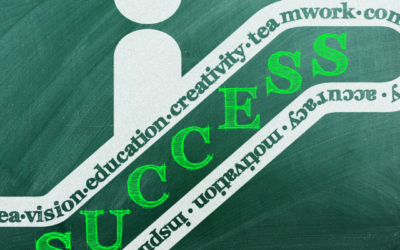Active listening is more than just hearing; it’s about grasping emotions, intentions, and nuances. As a coach, being fully present and comprehending your client’s thoughts and feelings is paramount.
Demonstrating Empathy and Compassion: Being present in the conversation allows you to offer genuine empathy and compassion. Understand your client’s perspective and respond with care. Empathy forms the foundation of active listening.
Effective Clarification and Validation: Active listening involves reiterating and validating what you’ve heard, affirming your understanding. Resist the urge to interrupt and allow the speaker to finish. Clarification assures accuracy and reinforces your client’s value.
Reading Beyond the Words: Beyond verbal communication, active listening encompasses interpreting non-verbal cues and emotions. Pay attention to body language, tone, and unsaid thoughts. Mastery of this skill builds trust and enhances coaching relationships.
In the world of coaching, mastering the art of active listening is transformative. It strengthens the coach-client relationship, propelling you towards collaborative goal achievement. Cultivate this skill diligently, and witness how it elevates your coaching practice to new heights, making you an even more effective and empathetic coach.









